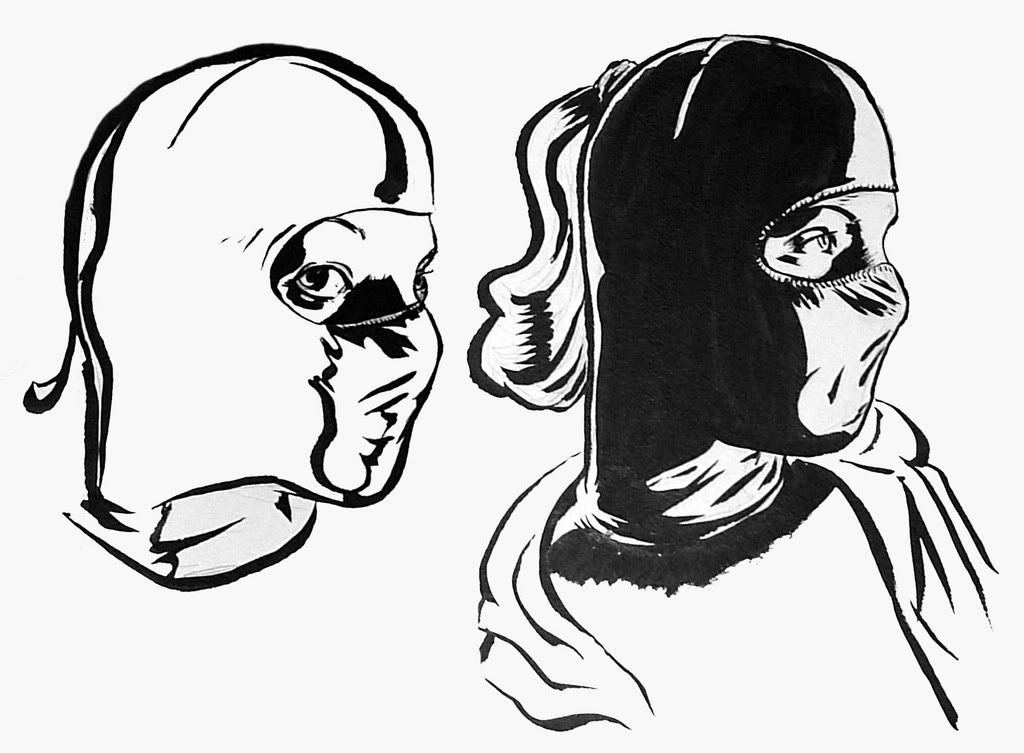After feeling as though poetry is dead to most Americans, it was refreshing to read Billy Collins, not only because he was a contemporary poet, but also because I felt as though his poetry has the ability to transcend into something that people would actually read and not write off as inaccessible poetry. Needless to say, I liked his stuff.
The first thing that struck me about Collins was the humor. In the first poem I read in the book Picnic, Lightning, “A Portrait of the Reader with a Bowl of Cereal.” Directly after the title, Collins included a quote from Yeats: “A poet … never speaks directly as to someone at the breakfast table.” Collins then proceeds to write a poem about him talking to somebody at the breakfast table. This somebody was not in the poem; instead, this somebody appeared to be the reader. This technique put the reader in what seems to be a fairly awkward situation. The poem was very personal, so it was like having a stranger saying things to the reader that would normally only be uttered to a close acquaintance.
On top of bring the reader into the poem, Collins allows his reader inside his head. In the poem “Fishing on the Susquehanna in July,” Collins seems to be just thinking out loud, giving the reader an insight into his thoughts. Collins does this again in “I Chop Some Parsley While Listening to Art Blakey’s Version of ‘Three Blind Mice.’” This is similar to stream of consciousness writing where the reader can visualize exactly how and why the author came to their conclusion. Once again, it was very personal.
One thing I noticed was how Collins used specific details in his poems where some people would have generalized. For example, in the previously stated fishing poem, he could have just used the word river but instead opted for Susquehanna. Once again, Collins uses the specific when he wrote “Journal:” “a snippet of Catullus, a snippet of Camus, a tiny eulogy for the evening anodyne of gin.” Although what Collins wrote about may or may not be true, the details really added to the poems.
Moving into the second section of poems, these poems seemed to be more about his surroundings and the landscape. He retained some of his humor, although it was not as “in your face” as some of his previous poems. Once again, Collins used a lot of detail, allowing the reader into his head once more. One image he created that really stuck with me was in the poem “Splitting Wood” when he correlated an axed piece of wood to “two lovers, once secretly bound, might stand revealed, more naked than ever.”
I also found it interesting when Collins seems to attempt to replicate formats of poems when poetry was bound to a specific form. For example, in “Paradelle for Susan,” Collins uses the French paradelle format (which seems more complicated than it is worth). Now, I may be wrong due to my lack of knowledge about the paradelle, but it seems as though he was also poking fun at the form when he ended stanzas with “the” and “to.” I’m not sure if that is how some paradelles are, but it seemed to me that it may have been Collins’s humor rearing its head once more.
I think Collins was a great poet to start the class off with, because he was first and foremost accessible to people who have been out of the poetry world or have never entered the contemporary poetry world. I will end this paper with my favorite Collins ending: “’Pardon the egg salad stains, but I’m in love.’”
Subscribe to:
Post Comments (Atom)

No comments:
Post a Comment